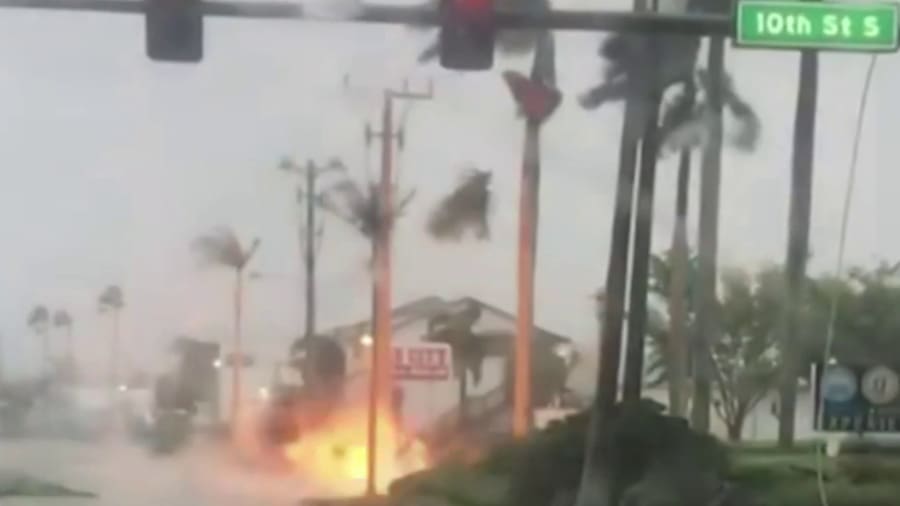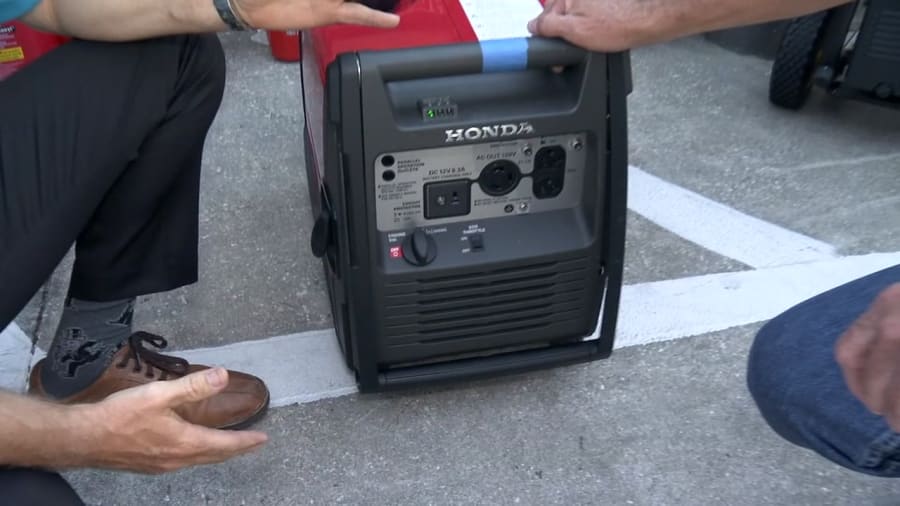JACKSONVILLE, Fla. – After a tropical storm or hurricane exits, there is always an urge to get back to your residence, inspect the damage and begin to put the pieces back together.
But this can also be a very dangerous time, and it is important to follow to proper steps so you can begin storm recovery.
If evacuated, only return home when it’s safe to do so
Evacuated residents often want to return home quickly, but that can be a bad idea.
Emergency managers and first responders often need time to survey the extensive damage and to provide safe passage across bridges and roads to neighborhoods.
You should only return home when instructed by government officials.
Remain vigilant
Once you are home, some hidden dangers may exist.
Walk outside your residence to check for loose power lines, gas leaks and structural damage. Also, look out for broken nails and glass in your yard and driveway.

If you hear unusual noises or feel your home shifting, evacuate immediately. If you smell gas at your residence, get outside immediately and call 911.
Downed power lines may be hidden in your neighborhood. If lines seem out of place, stay far away as the line may still be live.
Flooded roads may still exist for days after a storm. In some cases, the flooding may actually get worse.
Never drive through flooded roadways, even in your own neighborhood.
Also, don’t walk through flooded areas. They can contain wildlife, chemicals, bacteria and sharp objects.
Clean up safely
Often after a storm, weather conditions are very hot and sunny.
Take your time cleaning up your property. Wear light, loose-fitting clothing and try to clean up when the sun angle is lower.
Be sure to check in on the elderly and offer assistance if possible.
Operate a generator safely
Portable generators provide valuable power when the electricity may be out for days, but be sure to do it safely.

Never use a generator inside your home or garage, even if the doors and windows are open. Carbon monoxide can still accumulate, leading to sickness and even death.
Only use generators outside, and be sure they are at least 20 feet away from structures, doors and windows.
Help and communication may be difficult
If your area is hit especially hard, getting help and communicating may be difficult.

Emergency managers and first responders may be overwhelmed with other calls, and communications lines and cell phone towers may be significantly damaged.
The best way to communicate during this time is through text, email or social media. These systems use less bandwidth than phone and video calls.
While it is a relief when a storm exits, the danger has not completely passed. It is important to remain vigilant even during the recovery period.




